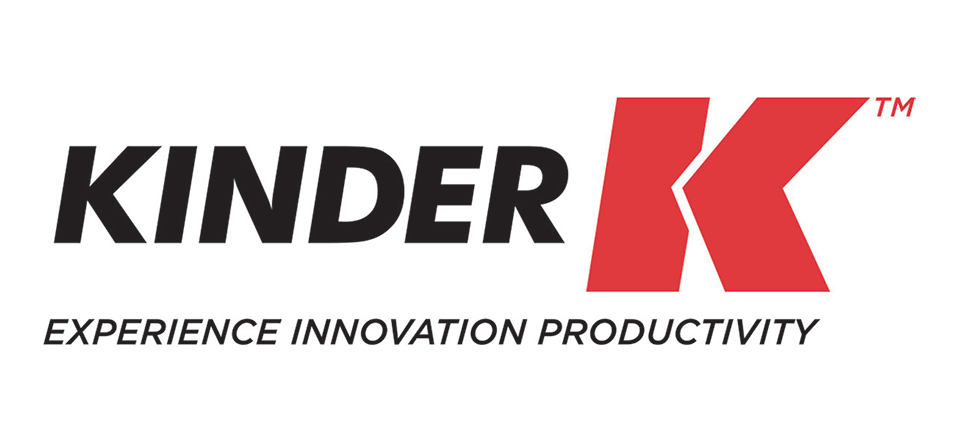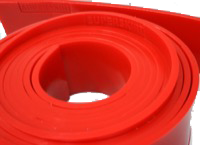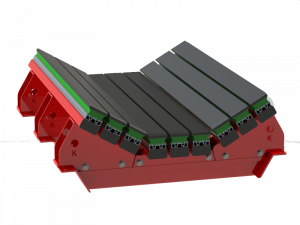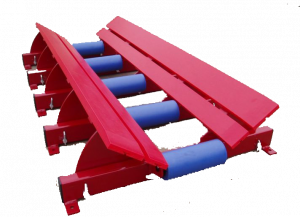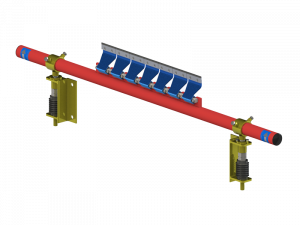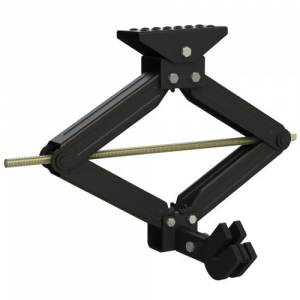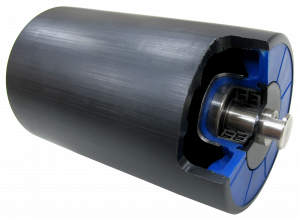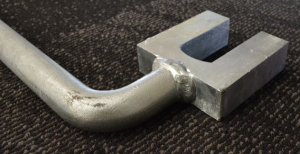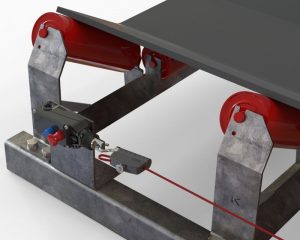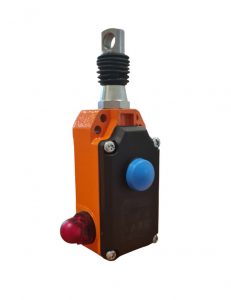Conveying Excellence – A Guide to Optimal Conveyor Belt Selection
Different belt types cater to specific needs, such as carrying heavy loads, withstanding extreme temperatures, or handling delicate items.
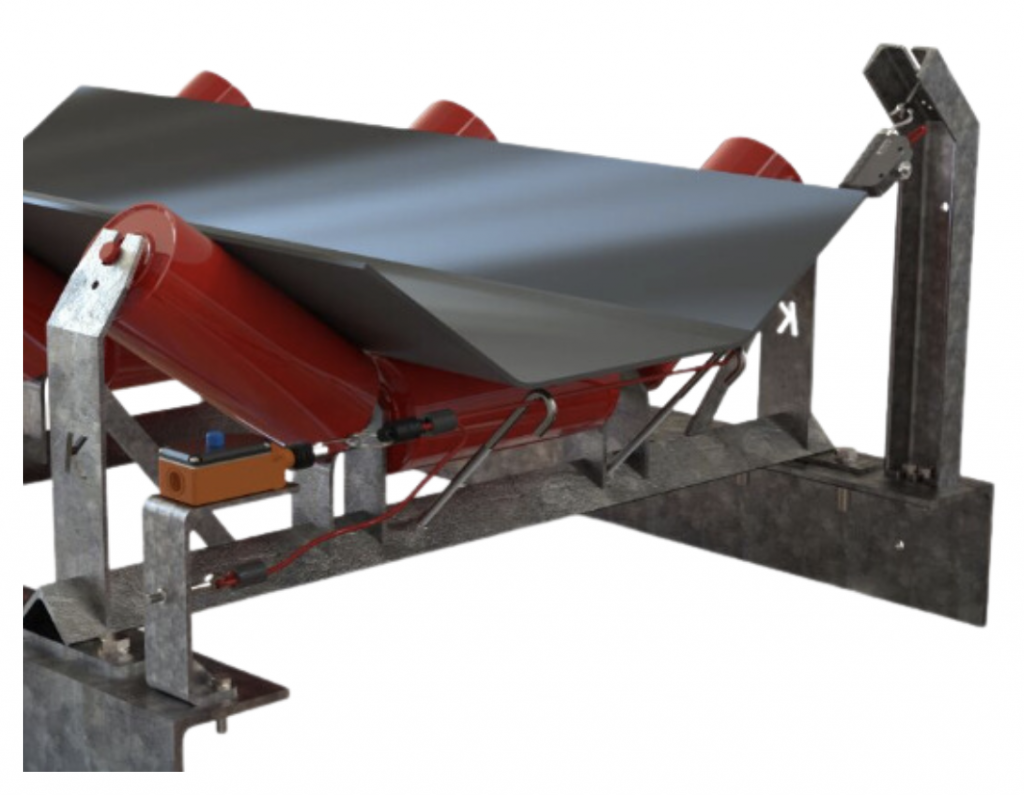
Choosing the Right Belt for an Industrial Conveyor System
Industrial conveyor systems play a pivotal role in the efficient movement of goods and materials across various industries. One of the critical components of these systems is the Conveyor Belt, which acts as the backbone for transporting items smoothly & reliably. Selecting the right conveyor belt for your industrial application is a decision that warrants careful consideration, as it directly impacts the system’s performance, durability & overall efficiency.
Conveyor belts are versatile and come in a wide range of materials, designs, and configurations to suit different industries and applications. They can be made from various materials, such as rubber, fabric, metal, and plastic, each with its unique properties & advantages. Different belt types cater to specific needs, such as carrying heavy loads, withstanding extreme temperatures, or handling delicate items.
Factors to Consider When Choosing a Conveyor Belt
Material Compatibility
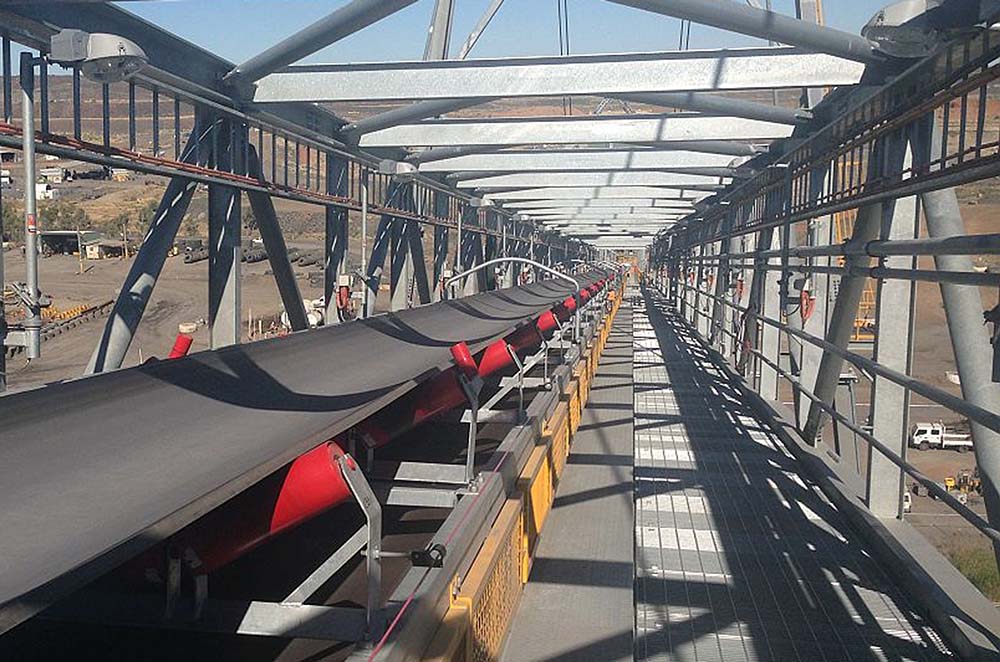
The first consideration should be the compatibility of the belt material with the type of items being transported. For instance, food-grade belts are essential for the food industry to ensure compliance with safety regulations, while heavy-duty belts might be required for industries dealing with bulky materials like construction or mining.
Weight & Load Capacity
The conveyor belt must be capable of handling the intended load. This involves not only the weight of the items but also any potential impact or shock loads. Selecting a belt with the appropriate tensile strength and load-bearing capacity ensures that the system operates smoothly and minimizes the risk of belt failure.
Environmental Conditions
The operating environment significantly impacts the lifespan of a conveyor belt. High temperatures, abrasive materials, chemicals, and outdoor exposure can all impact the performance of the belt. Choosing a belt material that can withstand these conditions is crucial to prevent premature wear and tear.
Belt Speed & Design
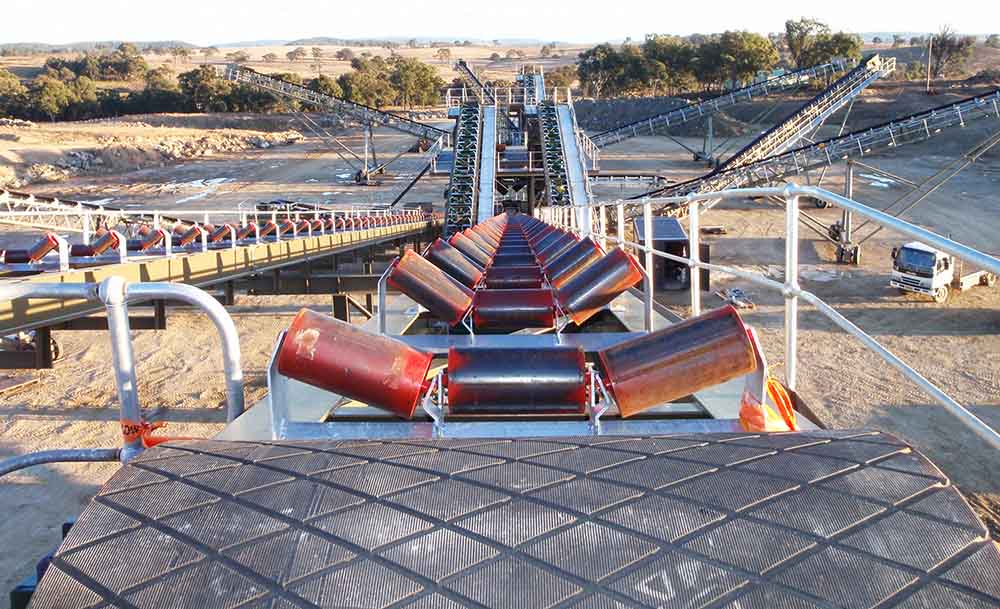
The speed at which the conveyor operates affects the choice of belt. Some belts are better suited for high-speed applications, while others provide better grip at slower speeds. The conveyor’s design, including its length, width, and curvature, should also align with the chosen belt type.
Maintenance & Cleanliness
Consider the ease of maintenance and cleaning. Belts that are prone to trapping debris or require frequent cleaning might not be suitable for certain applications. A self-cleaning design or a belt with minimal crevices can help in such scenarios.
Energy Efficiency
In today’s environmentally conscious landscape, energy efficiency is a key consideration. Some conveyor belts offer lower rolling resistance, which can reduce power consumption and operational costs over time.
Budget

While quality is paramount, it’s essential to find a balance between the desired features and your budget. Investing in a higher-quality belt upfront can lead to long-term savings due to reduced maintenance and downtime costs.
Special Requirements
Depending on the industry, certain certifications or compliance standards might be necessary. For example, industries involving pharmaceuticals or electronics might require belts with antistatic properties to prevent damage.
Consulting Our Team
Given the complexity of conveyor systems and the numerous variables involved in selecting the right belt, consulting with experts or manufacturers in the field can be immensely beneficial. Our team at Inquip can provide insights into the latest innovations, emerging technologies, and best practices that align with your specific needs.
Choosing the right conveyor belt for an industrial conveyor system is a decision that should be approached with careful analysis and consideration of the unique demands of your operation. By evaluating factors such as material compatibility, load capacity, environmental conditions, and maintenance requirements, you can ensure that your conveyor system operates efficiently, reliably, and with optimal longevity. With the right conveyor belt in place, your industrial operations can achieve heightened productivity and maintain a competitive edge in the market.
Conveyor Belt Products
